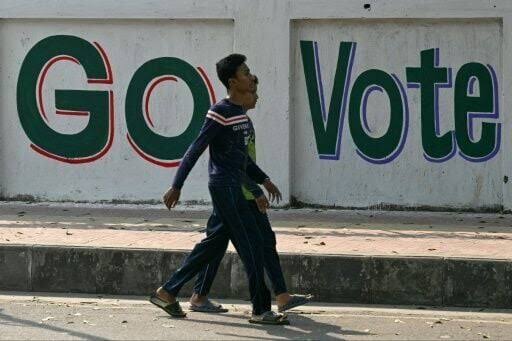Bangladesh: PM Hasina Wins Fifth Term Amid Opposition Boycott
Sheikh Hasina has secured her fifth term as Bangladeshi Prime Minister in an election whose outcome was decided the moment its schedule was announced in early November when the main opposition boycotted the poll.
Instead of any political party, independent candidates secured a total of 63 seats, the second highest after Hasina’s Awami League (AL), which won 222, creating a problem of finding a parliamentary opposition.
The current opposition, the Jatiya Party, managed to secure just 11 of the 300 parliamentary seats, according to the Election Commission.
Almost all the winning independent contenders were people who had been rejected by the AL but were asked by the party leadership to stand as “dummy candidates” to give the election a competitive veneer in front of the world.
“This is a bizarre outcome of a bizarre election,” Shahidul Alam, a renowned Bangladeshi rights activist and photographer, said. “Dummy candidates in a dummy election will now lead to a dummy parliament.”
Shunned by the Bangladesh Nationalist Party (BNP) – the AL’s main political opponent – which wanted the balloting held under a neutral entity instead of Hasina’s administration, Sunday’s “one-sided election” was just a “mere formality” to put Hasina back in power again, analysts say.
The only suspense, they added, was voter turnout, after Western governments put pressure on Hasina’s government to ensure a free, fair and participatory poll.
After polling closed at 4pm (10:00 GMT on Sunday), the Election Commission (EC) said turnout was 40 percent.
However, many were doubtful it was even that high.
“I don’t know about the rest of the country but I think I have not seen such an empty Dhaka in years,” Abdullah Yusuf, an engineer in the Dhanmondi area of the capital, said.
“It felt like the initial COVID days. I crossed two polling centres midday and didn’t see many people besides Awami League activists who were wearing badges. EC’s claim of 40 percent is quite absurd.”
Russian observer Andrei Shutov also said the voting process was systematic and peaceful. “This election is legitimate,” he added.
ALJAZEERA


Comments are closed.